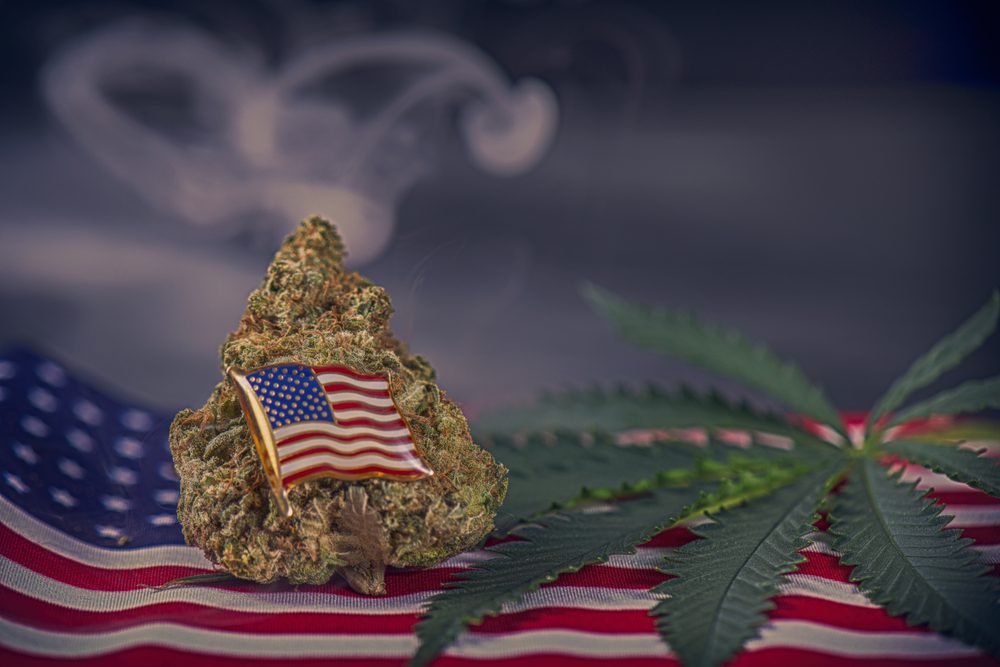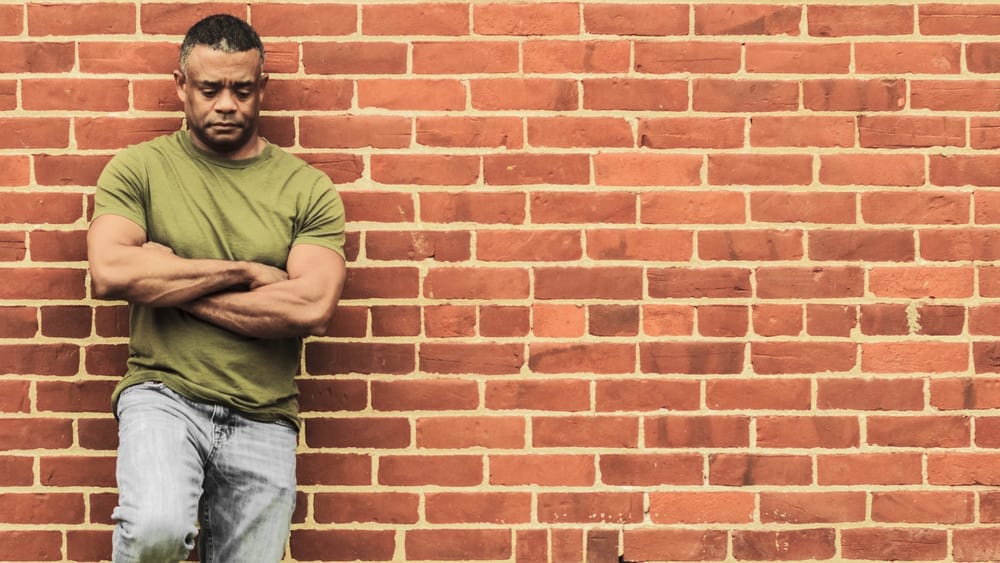how can veterans apply for marijuana medication?
Due to marijuana’s classification as a Schedule One Controlled Drug at the Federal level, the VA must adhere to all applicable federal rules and regulations on the drug. This classification means that VA doctors cannot suggest it to their patients or help them get it.
A veteran’s participation in a state-legalized marijuana program will not compromise their right to VA-provided medical care or benefits. Veterans should feel comfortable discussing their marijuana use with their VA medical providers so that they may better coordinate their care and make any necessary adjustments to their treatment.
So, how can veterans get marijuana medication?

Does the VA Drug Test?
Any VA facility may do a drug test on patients undergoing normal laboratory testing, including blood draws and urinalyses. An individual’s blood or urine may be analyzed to look for signs of disease or other anomalies but not for the presence of drugs. The Veterans Administration uses a standard, four-panel drug detection kit. Drugs, including Vicodin, Oxycontin, and morphine, as well as cannabis, cocaine, and amphetamines, can all be detected with this test. Benzodiazepines, like Valium and comparable medicines, may be detectable in several trials.
Another reason to get regular blood and urine tests are to ensure you follow your doctor’s dosage instructions. According to VA regulations, it’s up to the discretion of the veteran’s doctor to determine how to manage the veteran’s marijuana use. While VA doctors cannot legally recommend medical marijuana, they can disregard patients’ marijuana use if they do not think it is a concern.
Those who suspect an issue will likely worry about drug interactions when patients use marijuana and their prescribed drugs. When this is the case, medical professionals will probably require you to choose between medical marijuana and conventional pharmaceuticals. This decision is therapeutic and should only get determined by the attending physician.
It has become known that the VA does not typically conduct drug testing, so medical marijuana for military veterans is usually a viable option.

Marijuana forVeterans suffering from PTSD symptoms
For quite some time now, PTSD-affected veterans have claimed that cannabis aids in their symptoms’ control. Several researchers have looked into the link between marijuana and PTSD symptoms. According to one study, cannabinoids in cannabis significantly mitigated signs of trauma, including intrusions (62% less severe), irritability (67% less severe), flashbacks (51% less severe), and anxiety (57% less severe). Results from the study indicated that cannabis did help alleviate symptoms of PTSD in the short term, but it may not have any lasting positive effects.
A study released in December 2020 highlighted the long-term benefits of cannabis for PTSD. Researchers found that persons with PTSD who used cannabis were 2.57 times more likely to recover from their condition than those who did not use the drug during the trial.
Due to a lack of evidence, the efficacy of cannabis in treating post-traumatic stress disorder cannot yet be medically determined. The effectiveness of cannabis in treating symptoms of post-traumatic stress disorder has been the subject of other investigations, with mixed findings.

Can veterans get medical marijuana through the VA?
Since cannabis is still classified as a Schedule 1 substance at the federal level, VA doctors cannot provide or recommend the medicine to veterans needing medical treatment. Thus, even if you’re part of a state’s legal medicinal marijuana program, you shouldn’t carry any weed into a VA clinic.
So, you are probably wondering: how to get medical marijuana for veterans?
The Department of Veterans Affairs has stated that veterans taking part in a medicinal marijuana program approved by their state would not get denied VA benefits. Therefore, veterans can openly share their cannabis usage with their VA care professionals. This ruling allows these professionals to help with the problem of how can veteran get marijuana medication. If physicians know about the usage, they can appropriately advise and adjust their care and treatment regimens. As part of the protected medical record, VA clinicians encourage veterans to discuss their use of medical marijuana.
The Department of Veterans Affairs will not cover the cost of any medical marijuana prescriptions, regardless of where they come from, nor will VA providers fill out any paperwork or forms necessary for a veteran to engage in a medical marijuana program allowed by a state.
Veteran testimonials, however, reveal that when a patient with a valid VA medical marijuana prescription visits a federal (VA) institution, the VA’s orders and the patient’s experience don’t always line up.
Want to learn more about medical marijuana?
FAQ
Can veterans get marijuana medication through the VA?
No, veterans cannot obtain marijuana medication directly through the VA. Due to marijuana's classification as a Schedule One Controlled Drug at the Federal level, VA doctors are prohibited from providing or recommending marijuana to patients for medical treatment. Even if a veteran is enrolled in a state-legalized marijuana program, they cannot bring marijuana into a VA clinic.
How can veterans get medical marijuana if not through the VA?
Veterans can participate in a medicinal marijuana program approved by their state without fear of losing VA benefits. They are encouraged to openly discuss their marijuana usage with their VA medical providers. While VA providers cannot prescribe or provide medical marijuana, knowing about a veteran's marijuana use allows them to coordinate care and adjust treatment regimens accordingly.
Will the VA cover the cost of medical marijuana prescriptions?
No, the VA does not cover the cost of medical marijuana prescriptions, regardless of their source. Additionally, VA providers will not fill out any paperwork or forms necessary for veterans to participate in state-approved medical marijuana programs. However, veterans can still access VA benefits even if they are enrolled in a state-legalized marijuana program.
